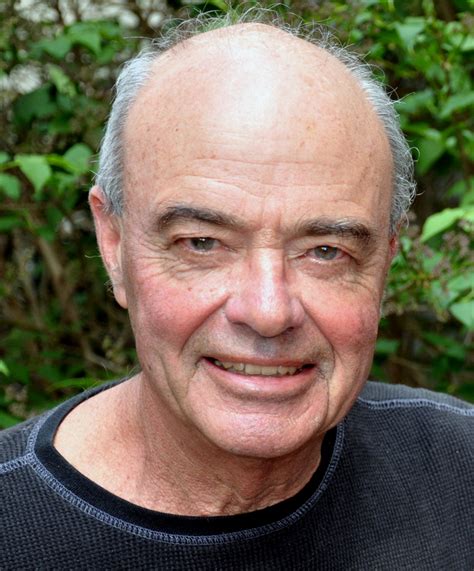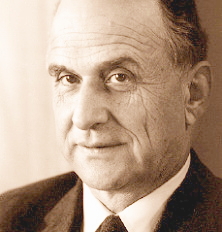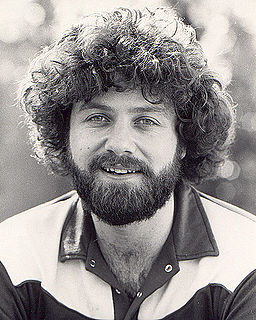A Quote by Chet Raymo
Someone once quoted Shakespeare to the philosopher W. V. O. Quine: There
are more things in heaven and earth than are dreamt of in your philosophy.
To which Quine is said to have responded: Possibly, but my concern is that
there not be more things in my philosophy than are in heaven and earth.
Related Quotes
My desire for knowledge is intermittent; but my desire to bathe my head in atmospheres unknown to my feet is perennial and constant. The highest that we can attain to is not Knowledge, but Sympathy with Intelligence. I do not know that this higher knowledge amounts to anything more definite than a novel and grand surprise on a sudden revelation of the insufficiency of all that we called Knowledge before,—a discovery that there are more things in heaven and earth than are dreamed of in our philosophy.
Work on causal theories of knowledge - early work by Armstrong, and Dretske, and Goldman - seemed far more satisfying. As I started to see the ways in which work in the cognitive sciences could inform our understanding of central epistemological issues, my whole idea of what the philosophical enterprise is all about began to change. Quine certainly played a role here, as did Putnam's (pre-1975) work in philosophy of science, and the exciting developments that went on in that time in philosophy of mind.
How could God invite you to heaven, where the most exciting thing to do all day is gaze upon His glorious face, if you're not in heaven right here on earth when you're alone with Him? Do you think that after you die, suddenly you'll be in heaven and "presto!" all at once you're not going to like worldly things anymore? All of a sudden you'll love more than anything else just to hang out with God, when you couldn't stand being alone with Him even 20 minutes a day?
Doctors keep their scalpels and other instruments handy, for emergencies. Keep your philosophy ready too - ready to understand heaven and earth. In everything you do, even the smallest thing, remember the chain that links them. Nothing earthly succeeds by ignoring heaven, nothing heavenly by ignoring earth.
If you are going to help people discover God's original will for them, we've got to know what that will is, and He said it very clear in Scripture: He created man to have to dominion over earth. He wanted to establish man's authority on earth to represent heaven on earth, and most of our theological philosophy is completely opposite of that.
And how high is Christ's cross? As high as the highest heaven, and the throne of God, and the bosom of the Father that bosom out of which forever proceed all created things. Ay, as high as the highest heaven! for if you will receive it when Christ hung upon the cross, heaven came down on earth, and earth ascended into heaven.
What can be more foolish than to think that all this rare fabric of heaven and earth could come by chance, when all the skill of art is not able to make an oyster? To see rare effects, and no cause ; a motion, without a mover ; a circle, without a centre ; a time, without an eternity ; a second, without a first : these are things so against philosophy and natural reason, that he must be a beast in understanding who can believe in them. The thing formed, says that nothing formed it ; and that which is made is, while that which made it is not, This folly is infinite.





































